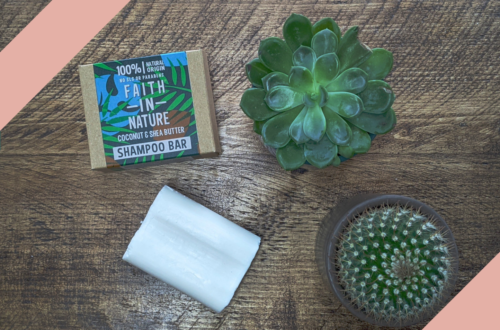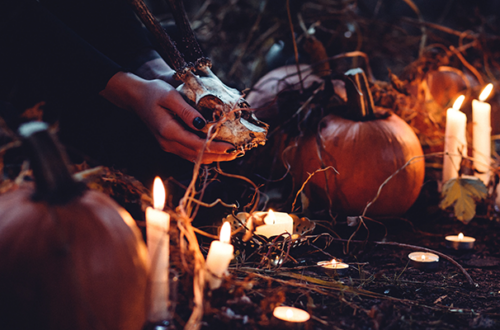
5 ways to beat ‘Blue Monday’
If you’re feeling a little blue this January, then you aren’t on your own.
With the highs of Christmas and new year well and truly over, January can be a blue time for many of us. On top of this, returning to work and the gloomy winter weather can have a real impact on our mental health.
Blue Monday was first coined in 2005 by Sky Travel, claiming that the day is ‘the most depressing day of the year’. Usually taking place on the third Monday in January,
Although there is no scientific research to suggest that it is, in fact, the gloomiest day of the year, January as a whole can be a blue time of year.
So, here are 5 ways you can turn your Blue Monday around!
Take up a new hobby
Engrossing yourself in a brand new hobby is a great way to help unwind after a long day. Studies have shown that taking up a hobby helps reduce stress levels, boosts your mood and overall well being. Scientists now claim that having a hobby can stave off Dementia too!
Finding the right hobby for you can take time and practice. If you’re not sure where to start, try things that you have enjoyed in the past. Some hobbies are great for the environment, too. Upcycling clothes or furniture is a great way to live a more eco-friendly life. With so many of our old items ending up in landfill, upcycling can really help reduce the amount of waste cluttering our planet.
You could also consider gardening (we have great tips on composting), cooking (try out favourite vegan recipes), or volunteering with a local environmental group!
Get outdoors
Getting outdoors is so important all year round, but when the weather is as gloomy as our mood, it can be hard to motivate yourself to get outside.
Discovering new areas, observing wildlife and being embraced in nature is a great way to help improve your mood and your physical health.
If you’re not sure where to start, All Trails has information on local walks near you. You can find out about the terrain, difficulty and scenery to help you choose the best walk for you.
Try more healthy foods
Eating healthy food can improve your mood and give you more energy. Eating a healthy, balanced diet is the best way to stay in tip top shape, rather than cutting certain food groups out entirely.
The NHS has great information on how to ensure you eat a balanced diet. Making sure you drink plenty of water and having enough vitamins in your diet are also really important and can help you beat the winter blues.
If you’re looking to try new foods, you could also try being vegan. According to the UN, meat and dairy accounts for 14.5% of all man made greenhouse gas emissions. That’s almost the same amount of emissions of every car, train, plane and ship on the planet!
Try our favourite quick and easy vegan recipes with your new cooking skills!
Spend time with your friends and family
It’s important to spend time with your loved ones, especially when you’re feeling down. Whether you visit somewhere new together, or just catch up over some delicious food, spending time with your family and friends can help improve your mood and your mental health.
You could also join local groups near you to help meet new people and even discover a new hobby or interest. Facebook or Nextdoor.com are great places to find out about local groups in your area. You could join local litter picks. Allotment groups or walking groups.
Talk to someone
Sometimes, Blue Monday could be more than just a bad day. Remember, it’s ok to not be ok, but it’s important to speak to someone about your mental health if you’re not yourself.
According to Mind, 1 in 4 people have mental health problems, but most of us don’t get the help we need.
Mind offers advice and support to anyone experiencing mental health issues. They help support anyone experiencing mental health issues and are working to build a strong network of individuals and communities to make a difference.
They also provide advice and information if you know someone that is struggling with their mental health.





